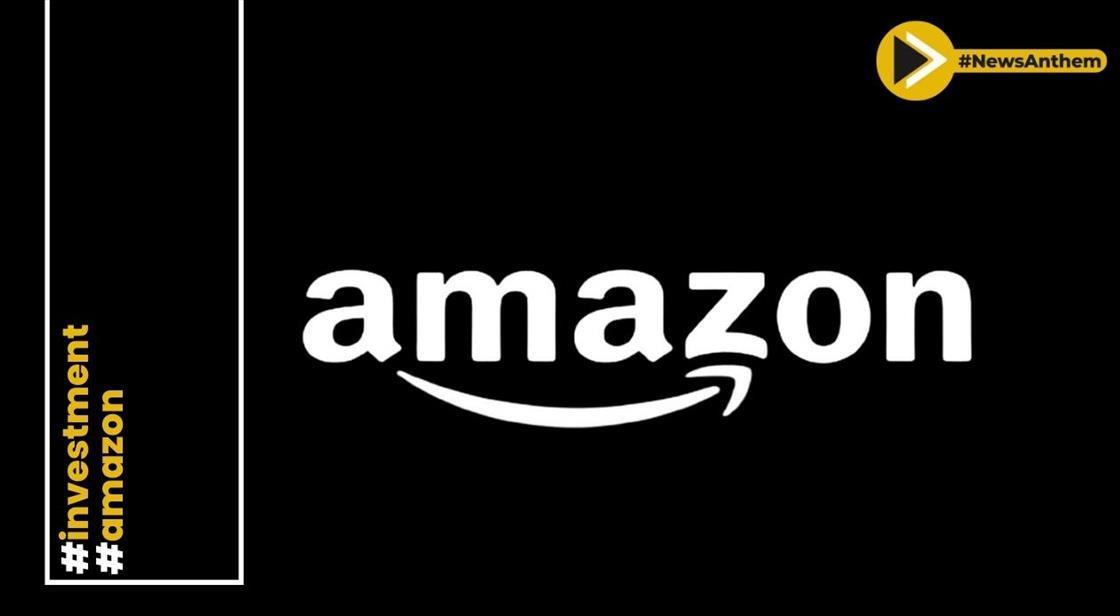Amazon Now Expands Quick Commerce Services to Delhi

News Synopsis
Amazon has officially extended its quick commerce service, Amazon Now, to select pin codes in New Delhi, marking the platform’s second city-level rollout after Bengaluru. With this launch, Amazon is intensifying its presence in India’s fast-growing quick commerce—or q-commerce—sector, which promises delivery of groceries and essentials within 10 minutes.
This move comes as part of a broader strategic shift by the e-commerce major to capture a share of the ultra-fast delivery market, a space previously dominated by agile startups.
Bengaluru Pilot Success Fuels Expansion to Delhi
Amazon first introduced Amazon Now as a pilot project in Bengaluru in late 2024. Targeting customers seeking lightning-fast delivery of daily essentials, the pilot received strong engagement—especially from Amazon Prime members, who showed a higher frequency of repeat usage.
“We are running our 10-minute delivery service Amazon Now in select pin-codes in Bengaluru and Delhi, and are excited with the initial customer response and positive feedback,” said a company spokesperson. “Based on this, we are now expanding the service over the next few months.”
Encouraged by this success, the company fast-tracked the service’s expansion to New Delhi ahead of schedule and is preparing to roll out in Mumbai by year-end.
Q-Commerce Turns Into a Key Battleground for E-Commerce Giants
Once viewed as a niche model catering to low-value grocery orders, quick commerce has evolved into a strategic battleground for major e-commerce players. Platforms like Blinkit (Zomato-owned), Zepto, and Swiggy Instamart have already established dominance in this segment, prompting legacy giants like Amazon and Flipkart to respond with aggressive investments.
While Amazon was relatively late to the game, its deep logistics network and massive customer base give it a significant edge in scaling fast.
Flipkart Also Ups the Ante With Flipkart Minutes
Amazon is not alone in chasing the q-comm boom. Rival Flipkart is expanding its own service, Flipkart Minutes, by enhancing its network of dark stores—localized warehouses designed specifically for ultra-fast order fulfillment.
Both companies are leveraging existing infrastructure and app ecosystems instead of launching standalone platforms, allowing them to reduce time-to-market and lower customer acquisition costs.
Q-Commerce Seen as a Threat to Traditional E-Commerce
According to analysts at Emkay Global, the rise of quick commerce is beginning to challenge the fundamentals of traditional e-commerce. What started as a niche offering for urgent, low-value grocery items has rapidly grown into a mainstream consumer expectation, affecting how platforms think about product assortment, delivery timelines, and fulfillment strategy.
“Q-comm is increasingly being perceived as a direct threat to the broader e-commerce landscape,” Emkay analysts noted.
The speed and convenience offered by this model are reshaping customer preferences, pushing traditional platforms to innovate or risk losing relevance.
Amazon Integrates Amazon Now into Main App
Rather than building a separate platform, Amazon has chosen to integrate Amazon Now directly into its main app, making the feature easily accessible to existing users. This not only streamlines the user experience but also enables Amazon to leverage Prime memberships, loyalty programs, and analytics across the board.
This app-based integration strategy ensures quicker adoption and helps Amazon capitalise on its already robust digital infrastructure.
Strengthening Fulfilment to Support Speedier Deliveries
To sustain the rapid pace required by q-commerce, Amazon is also investing around ₹2,000 crore to scale up its fulfilment and logistics network across India. This infrastructure expansion will directly support Amazon Now while improving delivery timelines for the broader e-commerce business.
Currently, over 1 million products are eligible for same-day delivery, and another 4 million qualify for next-day shipping in major Indian cities. These improvements are crucial for competing with nimble players like Zepto, which have built their value propositions around delivery speed and hyperlocal execution.
Conclusion: Amazon Signals Long-Term Bet on Q-Commerce in India
Amazon’s decision to expand Amazon Now to Delhi is a clear signal that it views quick commerce as a core pillar of its India growth strategy. With further expansion to cities like Mumbai on the horizon, and deep investments in fulfilment and integration, Amazon is positioning itself to challenge early movers head-on.
As consumer expectations shift toward instant gratification, q-commerce may no longer be a trend—it could soon be the new normal for urban shopping in India.
You May Like









